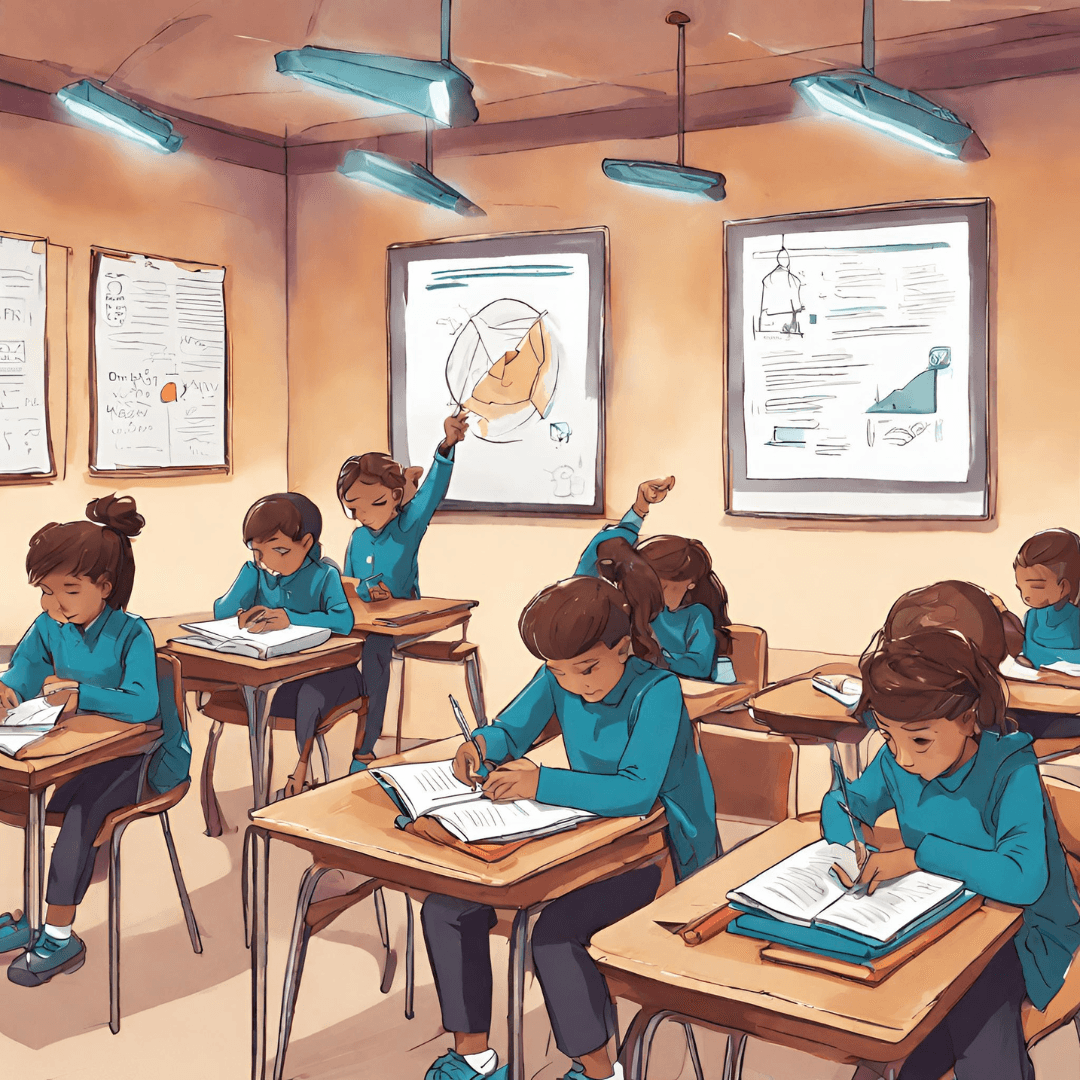Future-Proofing Education: Preparing for an Uncertain Tomorrow
Apr 12, 2023

Introduction
The world is changing at an unprecedented pace. Technology, globalization, and societal shifts are rapidly altering the landscape of work, industry, and learning. International education trends reflect this dynamic environment, emphasizing adaptability, technology integration, and the development of skills that transcend traditional boundaries. As we delve into this exploration, we'll discuss the urgent need to future-proof education in a world that is becoming increasingly uncertain.
The Changing Nature of Education
From Fixed Models to Lifelong Learning
Education is no longer a one-time endeavor that concludes with a degree. It has evolved into a lifelong journey. The fixed model of education, where individuals pursued degrees and then settled into long-term careers, is giving way to a dynamic process of continuous learning and adaptation.
1. Lifelong Learning: In an era of rapid change, the ability to learn new skills, adapt to new technologies, and stay updated is essential.
2. Adaptability: With industries evolving and new job roles emerging, adaptability is a prized skill. The capacity to pivot and apply skills to different contexts is becoming increasingly valuable.
3. Technological Advancements: Technology has disrupted various industries, creating new opportunities and challenges. The ability to harness technology and leverage it for personal and professional growth is essential.
Examples of Industries Affected
The impact of technological advancements and societal changes on industries is profound. Consider the following examples:
1. Automotive Industry: The advent of electric vehicles and autonomous driving technology is transforming the automotive industry, requiring new skills and expertise.
2. Healthcare: Telemedicine and data-driven healthcare are reshaping the way healthcare is delivered, leading to new opportunities in health technology.
3. Entertainment: The streaming revolution has disrupted traditional media, creating opportunities in digital content creation and distribution.
The Role of College in a Future-Proof Education
The Foundation College Can Provide
College education continues to provide a strong foundation for individuals. It equips students with critical thinking skills, theoretical knowledge, and a broad understanding of their chosen field.
1. Theoretical Knowledge: College introduces students to fundamental concepts, theories, and principles relevant to their discipline.
2. Critical Thinking: College programs promote critical thinking and problem-solving abilities, skills that are transferrable across different domains.
3. Broad Understanding: A degree offers students a comprehensive view of their field, allowing them to explore various sub-disciplines and specialties.
Complementary Skills and Adaptability
While a college education remains invaluable, the ability to adapt to changing landscapes is equally crucial. To future-proof one's education, individuals should:
1. Cultivate Soft Skills: Skills like communication, leadership, and creativity are essential in a changing job market.
2. Stay Updated: Continuous learning and staying informed about industry trends and technological advancements are key to remaining relevant.
3. Embrace Interdisciplinary Learning: The ability to integrate knowledge and skills from various disciplines can create innovative solutions in evolving industries.
Strategies for Staying Relevant
To stay relevant in a dynamic world, individuals should:
1. Seek Out Professional Development: This could involve taking additional courses, earning certifications, or attending workshops to enhance skills.
2. Network and Collaborate: Building a strong professional network can provide opportunities for collaboration and exposure to new ideas and technologies.
3. Embrace Change: The willingness to embrace change and take calculated risks can open doors to new and exciting opportunities.
Insights
Helping Students Make Informed Choices
As a society, we play a pivotal role in helping students make informed choices about their education and career paths. Encouraging them to consider the dynamic nature of the job market and the importance of adaptability is essential.
1. Career Guidance: Providing students with career guidance that emphasizes adaptability and lifelong learning can influence their choices.
2. Mentorship: Mentorship programs that connect students with professionals who have adapted to changing job markets can be highly beneficial.
Case Studies of Adaptation
Learning from the experiences of individuals who successfully adapted to changing job markets offers valuable insights. Consider the case of Sara, a graphic designer who transitioned into web development as the demand for her skills evolved. Her story illustrates the importance of recognizing changing trends and adapting to them.
The Value of Continuous Improvement
A mindset of continuous improvement is a valuable asset in a world of uncertainty. Encouraging individuals to embrace change, learn from failures, and persist in their pursuit of growth is crucial.
Conclusion
Future-proofing education is a necessity in a rapidly changing world. It involves embracing lifelong learning, developing adaptability, and integrating technology into the learning process. A college education, while essential, must be complemented by a commitment to continuous improvement and an awareness of changing industry trends.
In conclusion, we must consider our own adaptability and commitment to continuous learning. The ability to pivot, learn new skills, and embrace change is essential for personal and professional growth. A vision for the future of education is one where individuals are empowered to navigate an ever-evolving world, equipped with the knowledge, skills, and mindset needed to thrive.